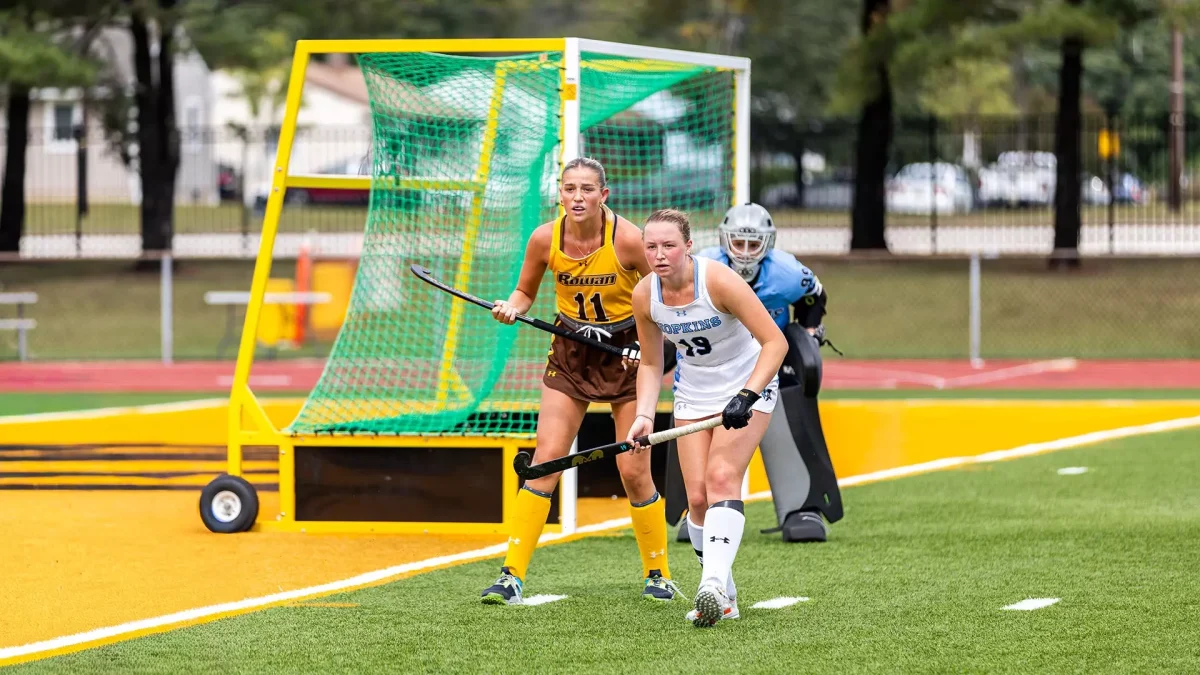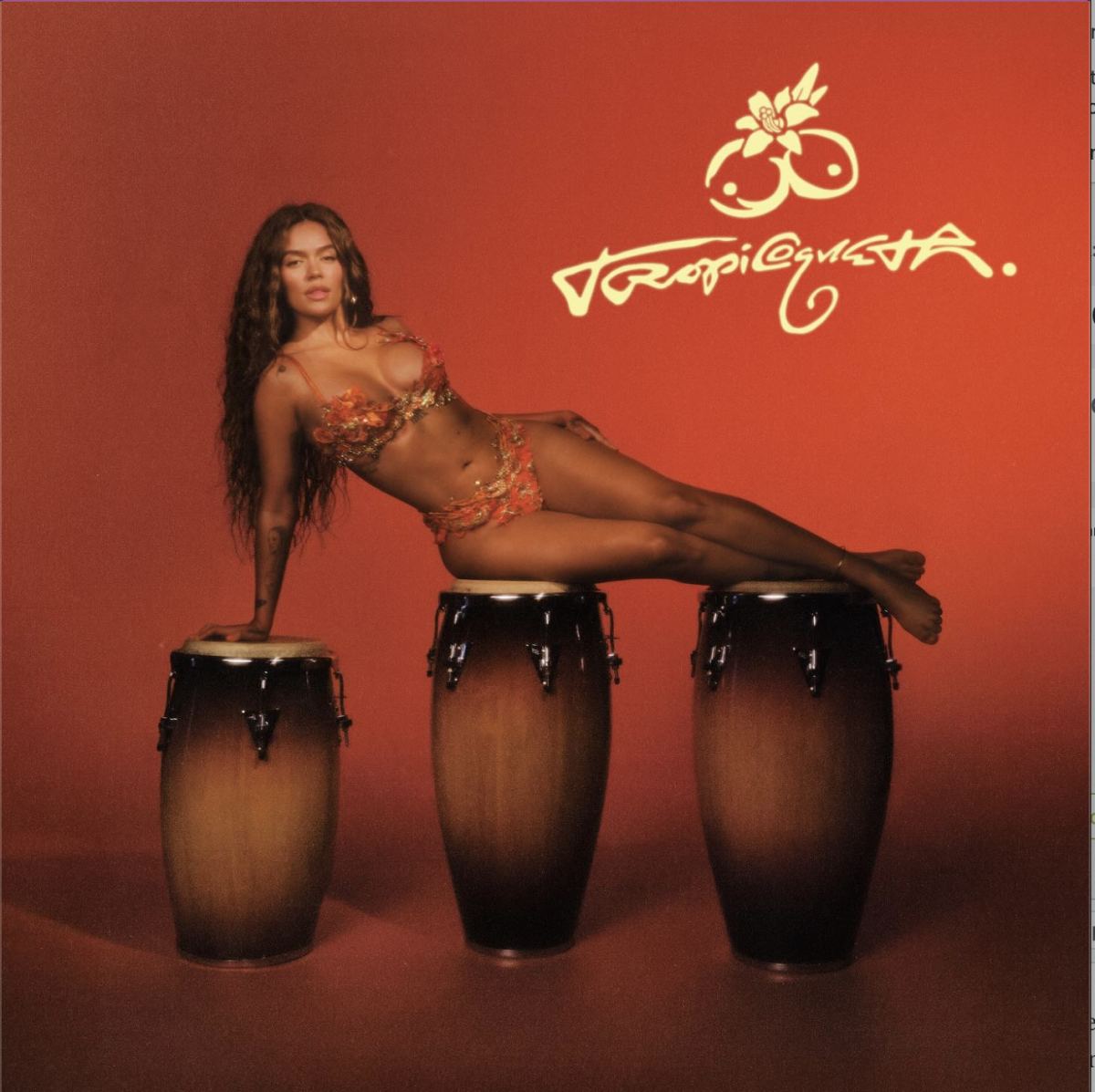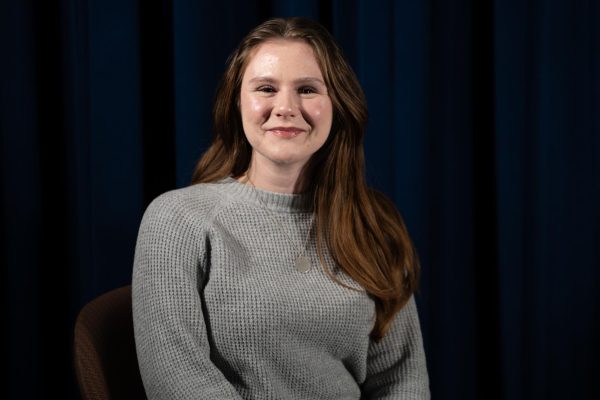Ramadan is a month-long holy celebration in Islam that includes fasting and praying in order to feel closer to God and practice self-control and gratitude. In the Islamic calendar, which is based on a 12-month lunar year, Ramadan takes place during the ninth month and traditionally begins and ends with the sighting of the new moon. This year, Ramadan began on March 10 and will end on April 9.
Sadia Islam, a junior information systems and analytics major at Rowan, says it can be both exhausting and rewarding to celebrate Ramadan as a student.
“It’s very difficult to balance school and worship, this is a month where we are meant to emphasize our worship- but since it falls into the semester as well it becomes a balancing act of trying to observe the month while maintaining a schedule with classes, projects, assignments, and exams,” Islam said.
Islam also noted how she must factor in fasting to her day along with attending class, praying, and reading the Quran. The Quran is the central religious text of Muslims and was believed to be revealed during the holy month of Ramadan.
During Ramadan, Muslims practice fasting from pre-dawn to sunset, which means that they do not eat or drink anything during that time. The ultimate goal of fasting is to feel closer to God, as well as to practice self-restraint and discipline.
Omair Hashmi, a senior biological sciences major, explained what it is like to live away from family during this important holiday.
“Celebrating Ramadan as a college student is difficult at times while trying to balance the core aspects of Ramadan with exams, homework, and commitments to any other extracurricular activities. Family is also very important during Ramadan, so living on campus means you feel isolated from them as well. Thankfully, organizations like the Muslim Student Association make it a lot easier by providing a community and a home away from home. They provide services such as nightly prayers, iftars which is the meal we break our fast with, and other events throughout the month,” Hashmi said.
Hashmi said that during Ramadan he goes home to North Jersey as much as he can in order to spend time with his family. Islam shared the sentiment of spending time with family, as well as feeling connected to her Muslim community on and off campus.
“I am very blessed to be able to spend this month with my family breaking fast together and keeping Ramadan traditions alive in our home with Iftar Dawats and making specific dishes. I like to be involved within my Muslim community as well on and off campus which is within my activity in the MSA and participating in the festivities at my masjid,” Islam said. Masjid is the Arabic word for mosque.
At Rowan, faculty and staff are encouraged to support students who observe Ramadan by making course material available online if students have to miss class due to spiritual practices, offer asynchronous class times for ones that take place during the breaking of the fast at sunset, give students the opportunity to meet during office hours, and to stay aware of private spaces where students can go to pray. Additionally, there are two prayer space locations on campus in Hawthorne 202 and Savitz 218. There are also special dining options for students through Gourmet Dining, where students can pre-order a packaged breakfast kit for pickup from Glassworks Eatery or Holly Pointe Commons.
Islam mentioned that the Muslim Student Association is working on increasing halal dietary options on campus as well as growing the Interfaith Space with the Office of Social Justice, Inclusion, and Conflict Resolution at Rowan. MSA also holds numerous events throughout the year, which can be found on their Instagram page.
“There are a lot of misconceptions about Islam that many people believe, but one thing I wish people knew is our love for one another. There is a certain feeling of safety, understanding, and trust whenever I encounter another Muslim that I don’t see in any other culture or religion,” Hashmi said.
Islam also spoke about the importance of charity or Zakat in Muslim culture, and how it is something that not a lot of people know about the faith. Along with this aspect, she mentioned that Ramadan feels different this year due to the war in Gaza.
“This year Ramadan is very different in that while it’s a joyous time, our communities’ hearts are breaking for our brothers and sisters in Gaza who are observing Ramadan with no means to break their fast because of the siege on food and humanitarian crisis. Every night in the masjids we pray and break down for Palestine. This month is not only a joyous month but like any holiday without loved ones, it can be hard, and emotionally testing,” Islam said.
Hashmi explained that Ramadan encompasses much more than what most people believe it to be.
“It’s not only about fasting like many believe, but rather a period of time where all spirituality and acts of worship are highly encouraged. I look forward to it all year long because after every Ramadan, I feel like a new person and my faith feels refreshed. My feeling towards Ramadan is similar to many people’s feelings towards Christmas,” Hashmi said.
Islam explained that the month of Ramadan brings her much peace.
“For me, similar to every other Muslim, I look forward to Ramadan every year- it’s a time for me to reset, focus on gratitude and recenter my priorities. It’s a very peaceful time for me that helps ease my anxiety, and also be social – seeing friends and family almost every single day at the masjid or during iftar, I don’t know how to describe it other than feeling more whole. It is very grounding for me,” Islam said.
For comments/questions about this story DM us on Instagram @thewhitatrowan or email [email protected]

























































































































































!["Working with [Dr. Lynch] is always a learning experience for me. She is a treasure,” said Thomas. - Staff Writer / Kacie Scibilia](https://thewhitonline.com/wp-content/uploads/2025/04/choir-1-1200x694.jpg)










































